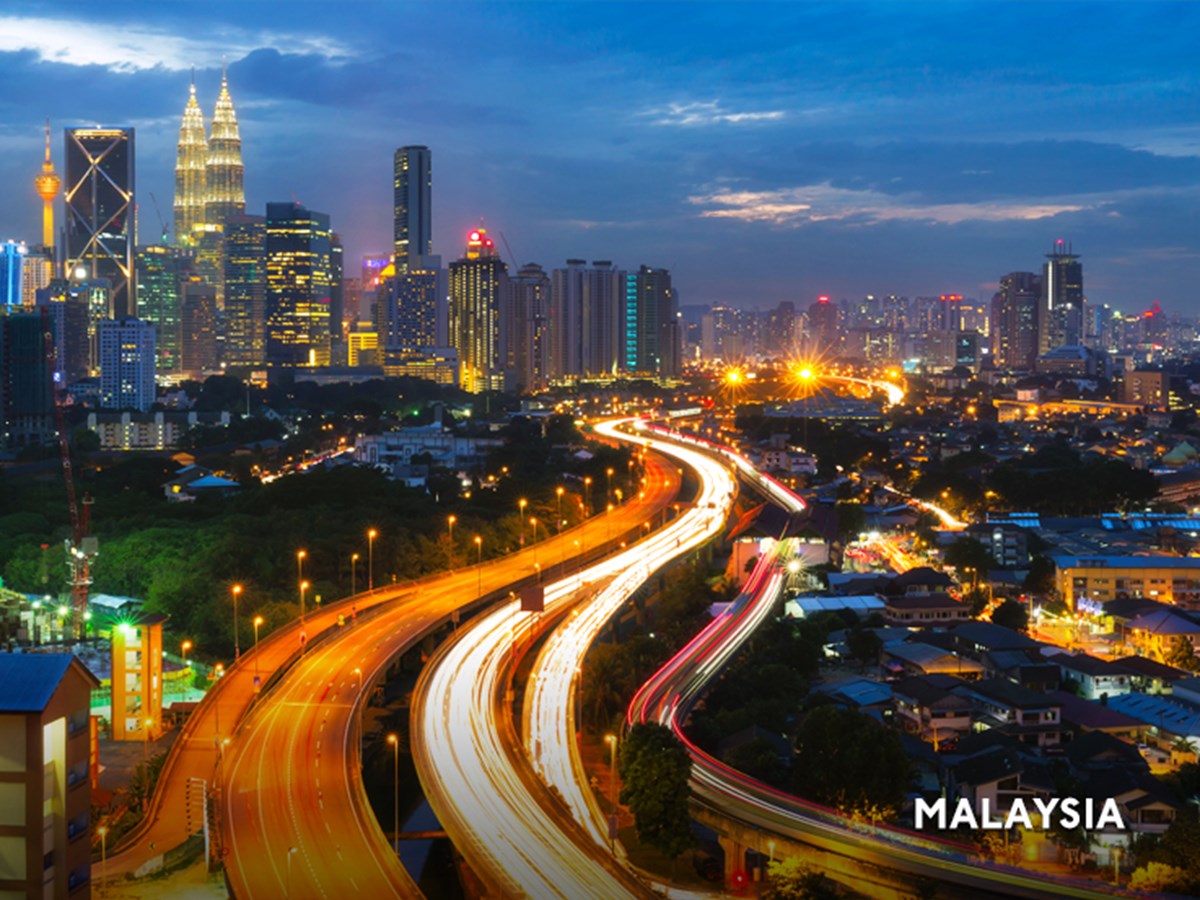
COVID-19 Response: Proclamation of Emergency by the Yang di-Pertuan Agong

On 12 January 2021, the Yang di-Pertuan Agong Al-Sultan Abdullah Ri’ayatuddin Al-Mustafa Billah declared a state of emergency following the Prime Minister’s announcement on the re-imposition of lockdown measures known as the “Movement Control Order” on six states and federal territories (including Kuala Lumpur and Selangor) for a period of two weeks beginning from 13 January 2021. The measures are aimed at curbing the recent spike in COVID-19 positive cases in the country, and come following reports of increasing strain on the country’s hospitals and healthcare resources. The government has applied a tiered restriction approach to the remaining states in Malaysia, which have seen relatively few COVID-19 positive cases. These states will be placed under a “Conditional Movement Control Order” or “Recovery Movement Control Order”. For more details, please see our article in relation to the Movement Control Order here.
Proclamation of Emergency under the Federal Constitution
By way of background, Article 150(1) of the Federal Constitution provides that if the Yang di-Pertuan Agong is satisfied that a grave emergency exists whereby the security, or the economic life, or public order in the Federation (i.e. Malaysia) or any part thereof is threatened, he may issue a proclamation of emergency making a declaration to that effect.
The Yang di-Pertuan Agong must therefore be satisfied that there exists an urgent condition in relation to the security or economic life of Malaysia or public order, that cannot be managed under the usual administrative system, and which would necessitate a proclamation of emergency.
Duration of the Emergency
The period of the Emergency will last until 1 August 2021, however, it may be terminated earlier or extended depending on the COVID-19 situation. This will ultimately be decided by an independent special committee consisting of government and opposition members of Parliament, as well as health experts, who will advise the Yang di-Pertuan Agong.
Effect of the Emergency Proclamation
Generally, the effect of a proclamation of emergency is that the executive authority of the Federal Government will, notwithstanding anything in the Federal Constitution, extend to any matter within the legislative authority of a State and to the giving of directions to the government of a State or officers or authorities thereof (Article 150(4)). In other words, the Federal Government’s executive authority will now extend to all matters usually under the legislative authority of a State, except for certain matters relating to Islamic law, Malay customs or any native laws or customs in Sabah and Sarawak, or religion, citizenship or language (Article 150 (5A)).
Following the statement issued by the Istana Negara (the National Palace) in relation to the proclamation of emergency, the Prime Minister set out the Government’s reasons for a nationwide emergency in a televised speech given on 12 January 2021 (the “Speech”). The Prime Minister referred to not only the public health aspect of the COVID-19 pandemic, but also its impact as a “major threat to the economic life of the people”.
The Prime Minister gave his assurances that businesses and economic activity would be permitted to operate as usual, subject to health and safety Standard Operating Procedures, and that the emergency powers would not be invoked to interfere with the judicial system. The Prime Minister stated that “the judiciary will continue to be the beacon of justice in our country” and that there would be no interference with the business of the court. The declaration, stated the Prime Minister, did not amount to a military coup and civilian government would continue to function. No curfew would therefore be enforced either.
Ordinances which may be Promulgated
It should be noted that during a period of emergency, the Parliament and state legislative assemblies will not sit until such a time as decided by the Yang di-Pertuan Agong. In other words, lawmakers at both the state and federal level will not be able to enact new laws or amend existing laws during this period.
Instead, Article 150(2B) of the Federal Constitution provides that the Yang di-Pertuan Agong may promulgate ordinances when a proclamation of emergency is in operation (although this power will not be exercisable at any point in time when both Houses of Parliament are sitting concurrently).
An ordinance promulgated under this power will have the same force and effect as an Act of Parliament, and will continue in full force and effect as if it were an Act of Parliament, unless it is revoked or annulled, or until it lapses. After Parliament convenes, the ordinance promulgated by the Yang di-Pertuan Agong must be tabled before both Houses, and will continue in force if approved, or will cease to have effect if it is revoked or annulled by Parliament (Article 150(3)). Otherwise, at the expiration of a period of six months from the date on which the relevant proclamation of emergency ceases to be in force, the ordinance will automatically lapse (Article 150(7)).
It is important to note that the Federal Constitution expressly provides that any such ordinances, and any Acts of Parliament passed whilst a proclamation of emergency is in force will not be invalid on the ground of inconsistency with the Constitution (except in relation to certain matters relating to Islamic law, Malay customs etc. as mentioned above).
During the course of his speech, the Prime Minister also indicated that several emergency ordinances may be promulgated in response to the COVID-19 pandemic:
- in relation to the mandatory use of private hospital assets, the temporary acquisition of land, buildings or private hospitals’ movable assets, or the making of requests for the use of private hospital resources for the purpose of treating COVID-19 patients. The assistance that may be required to be made available by the private sector may include human resources, expertise, facilities, assets, testing laboratories and utilities;
- to facilitate business and “overcome” any regulations that make it difficult to deliver public health services quickly, efficiently and effectively;
- to provide enforcement powers and powers to assist with performing functions relating to public health, to the Malaysian Armed Forces;
- to amend the Prevention and Control of Infectious Diseases Act 1988 (the “PCID”) to enhance the effectiveness of enforcement of the PCID, including increasing the penalties for offences under the PCID; and
- to combat economic sabotage, monopolies and excessive increase in price of goods during the pandemic, including the introduction of heavier penalties.
In his speech, the Prime Minister sought to give reassurance to stakeholders monitoring recent developments in Malaysia that the country remains open for business, and that the Government is committed to ensuring that good governance continues to be practised throughout the emergency period. Stakeholders will, however, be watching developments with a keen eye, given the possibility of legislative amendments on the horizon with far-reaching consequences for the private sector.

